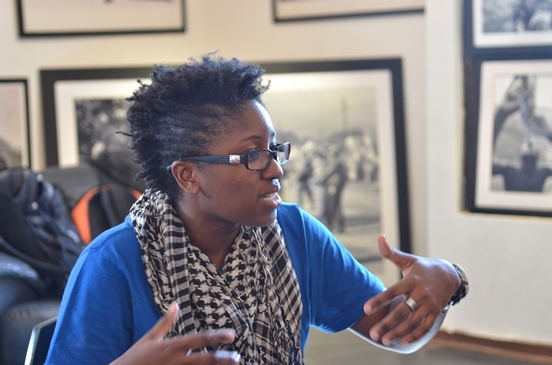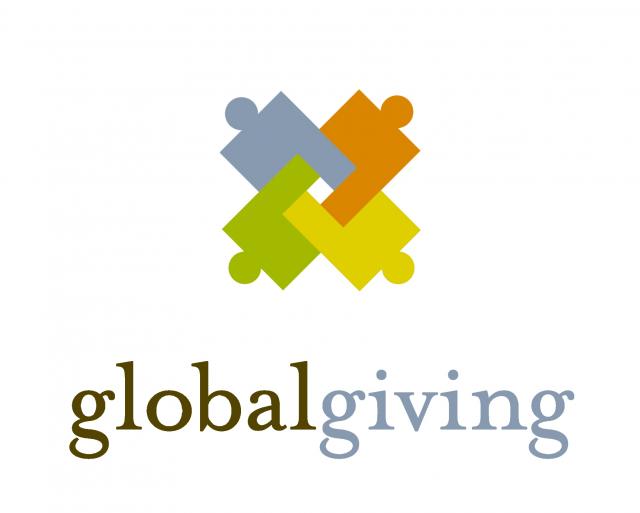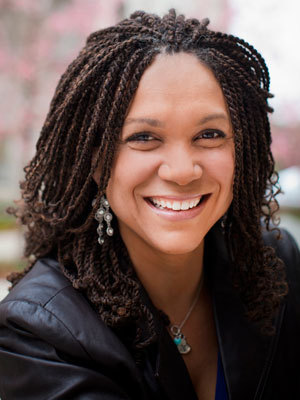The following interview was originally published at Ms. Magazine via the Femisphere, a profile interview series about feminists in the blogsphere. The series featured three Nigerian feminists, prompting my reflection on "internet lists" via the post, "What Does an African Feminist Look Like?" (and even a head-nod from Melissa Harris-Perry!).…
-
-
My BET.com Interview about LGBT Africa and the Media: “Being Gay in Africa Is Neither Good Nor Bad”
BET.com interviews me about my work as a media activist focusing on gender and LGBT issues in Africa. The piece, which was very positive and optimistic, prompted some thoughts about what "good" media activism means to me. Surprisingly "good" media has nothing to do with it. Read the interview, and…
-
Africans for Africa: Press Coverage of GlobalGiving Social Media and Online Fundraising Workshop in Johannesburg
"Various charities in and around Johannesburg will add impetus to their fundraising drive if Spectra has anything to do with it." I just received a scanned image of an article that was printed in a local Johannesburg paper about my Social Media and Online Fundraising training for African NGOs, hosted…
-
Melissa Harris Perry, Host of MSNBC Show, Digs My Principles of Afrofeminism
Melissa Harris Perry (host of NBC Show Nerdland) tweeted that my interview at Ms. Magazine, during which I talk about Afrofeminism, is now one of her favorite online reads. Okay, I can die now.
-
This Is What a Lesbian Looks Like: My CURVE Magazine Debut
I was recently interviewed for Curve Magazine's "This Is What A Lesbian Looks Like" monthly feature. It's taken so long to feel whole and integrated as a trans-national, multi- cultured and layered individual; Nigerian, African, queer, afrofeminist, nerdy etc. It feels awesome in so many ways, and yet, so surreal.…
Online rulet oyunları gerçek zamanlı oynanır ve online slot casino bu deneyimi canlı yayınlarla destekler.
İnternet üzerinden eğlence bahsegel giriş arayanlar için deneyimi vazgeçilmezdir.
Kullanıcıların hesaplarına hızlı ve sorunsuz bettilt ulaşabilmesi için adresi her zaman güncel tutuluyor.




